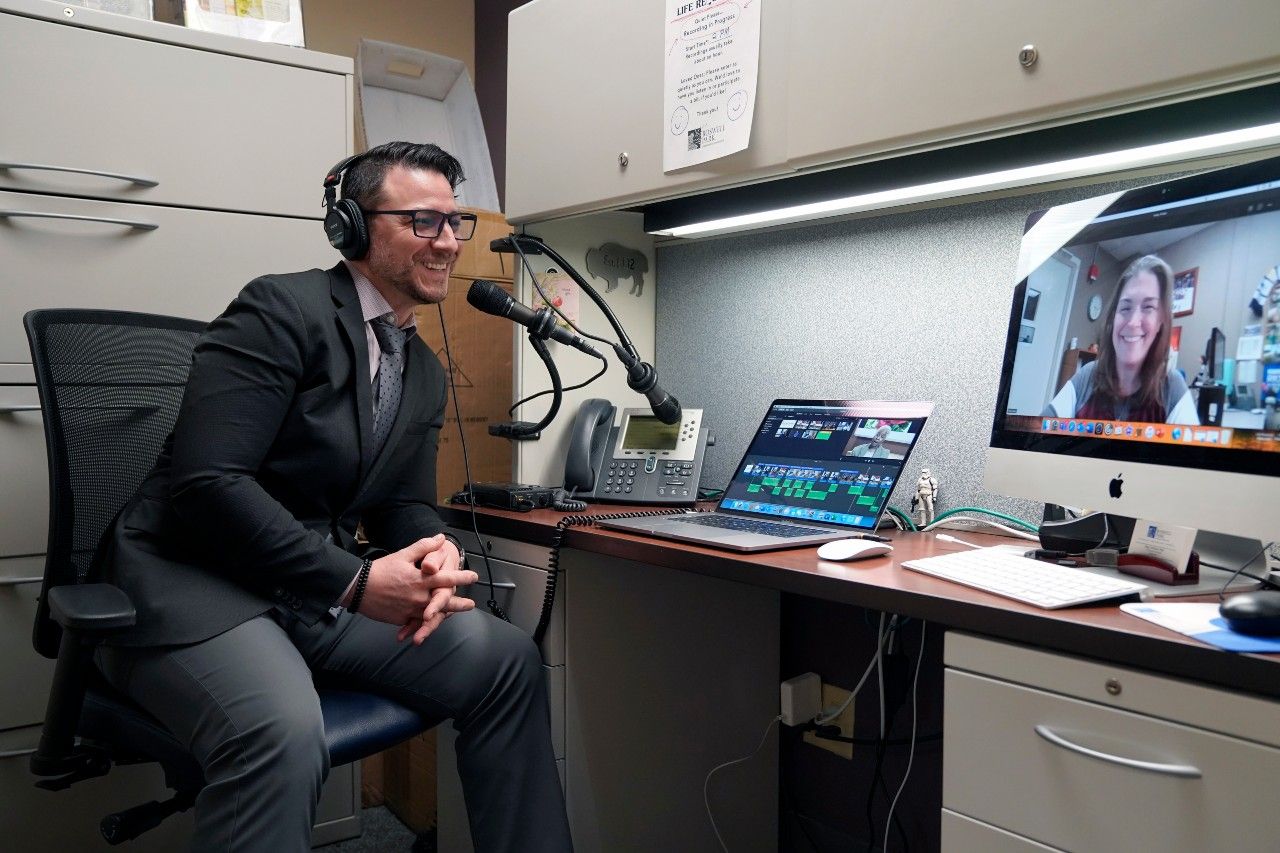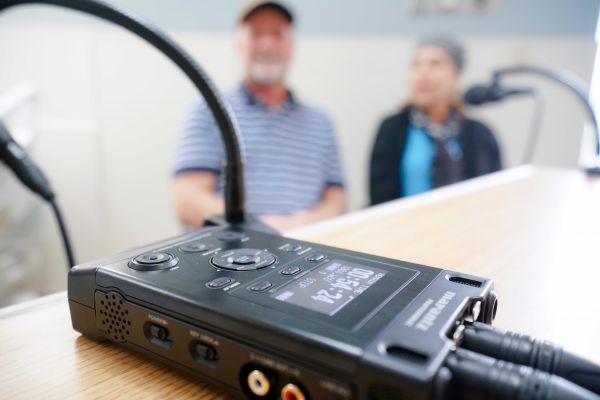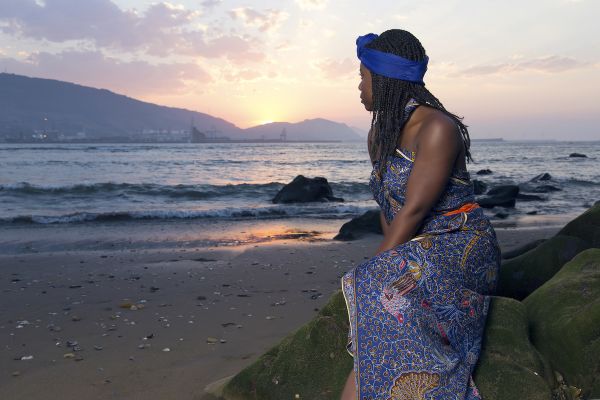Everyone has a story to tell.
The Life Recorded project at Roswell Park Comprehensive Cancer Center is looking for people who want to share their stories — about life and cancer and everything else.
The initiative collected more than 120 individual stories through in-person interviews before COVID-19 hit last year. Now that the pandemic has complicated things, Paul Spitale, PhD, former coordinator of Life Recorded, has developed creative alternatives to record new stories.
“As COVID-19 shut things down, I looked at Life Recorded as the perfect opportunity to communicate with people. It looks a little different than before, of course, but the isolation that the pandemic has caused made the program more relevant now than ever. It really became a beacon of light in these trying times” Spitale says.
In one case, he noticed that a participant expressed herself more eloquently in written communication than she did with spoken dialogue. “She wrote so elegantly that I suggested having a text conversation instead. She loved it, and that’s just another way we communicated,” he says.
The idea behind Life Recorded is simple: Every person experiences things in their lives that shape them and make them into who they are. Originally a project of NPR’s StoryCorps, Life Recorded started at Roswell Park in 2015 to collect the stories of people going through cancer treatment and create an archive for patients and their families.
But cancer doesn’t have to be the star of the story, Spitale says.
“Some people need to talk about it, but others would rather not. We tell people, ‘This is simply sitting down and having a conversation, not a high-pressured interview.’ Sometimes people talk for 45 minutes and cancer is not mentioned once.
“This is a great way to connect with people, especially right now, when I feel like connecting with people is difficult. We’re not meeting too many strangers right now during COVID-19. It allows individuals to really express themselves.”
The recordings — or videos or written stories — are edited and given to the storyteller, and a copy is kept with Life Recorded. Eventually, Spitale says, he’d like to create an accessible archive at the Roswell Park Mirand Library to allow future patients to listen to the stories of people who came before them, to draw strength and inspiration from others who have found themselves at Roswell Park during a trying time in their lives.
Calling for stories from doctors, nurses, caregivers, friends
Life Recorded also wants to collect stories from doctors, nurses, caregivers and others who play important roles in a person’s cancer journey but are not necessarily patients themselves — “anybody associated with Roswell,” explains Spitale.
“We take a multi-departmental, diversity-based approach to Life Recorded. Everybody has their own perspective when it comes to being part of the life of the person who was diagnosed. It really gives us a snapshot of current society: our stress, our struggles, our triumphs, and our happiness from all perspectives.”
For those who are interested, the process starts with a preliminary phone call to allow Spitale and his team to get a sense of what the storyteller wants to discuss. They take notes and keep them as a guide for the recorded conversation, to make sure the important points are explored and shared.
The recorded conversation can take place over the phone, via video call or, if there’s an interest, Spitale says there are a few places at Roswell Park where he and the storyteller can sit at least six feet apart, wearing masks, to speak safely in person.
Many people have told him — through Life Recorded and in other situations — that their story isn’t of any interest, or that people have heard all their stories before. “I get it. My own grandfather told me a lot of the same stories over and over again,” Spitale says. “But I would have loved to have had access to a program like this to save those stories in a way where he’s telling them, so my children could have listened to him now that he’s gone, and my grandchildren and subsequent generations to come.”
Sound like something you want to do? Contact Dr. Spitale and the Life Recorded staff at 716-845-8887 or SpiritualCare@RoswellPark.org to schedule your session now.


